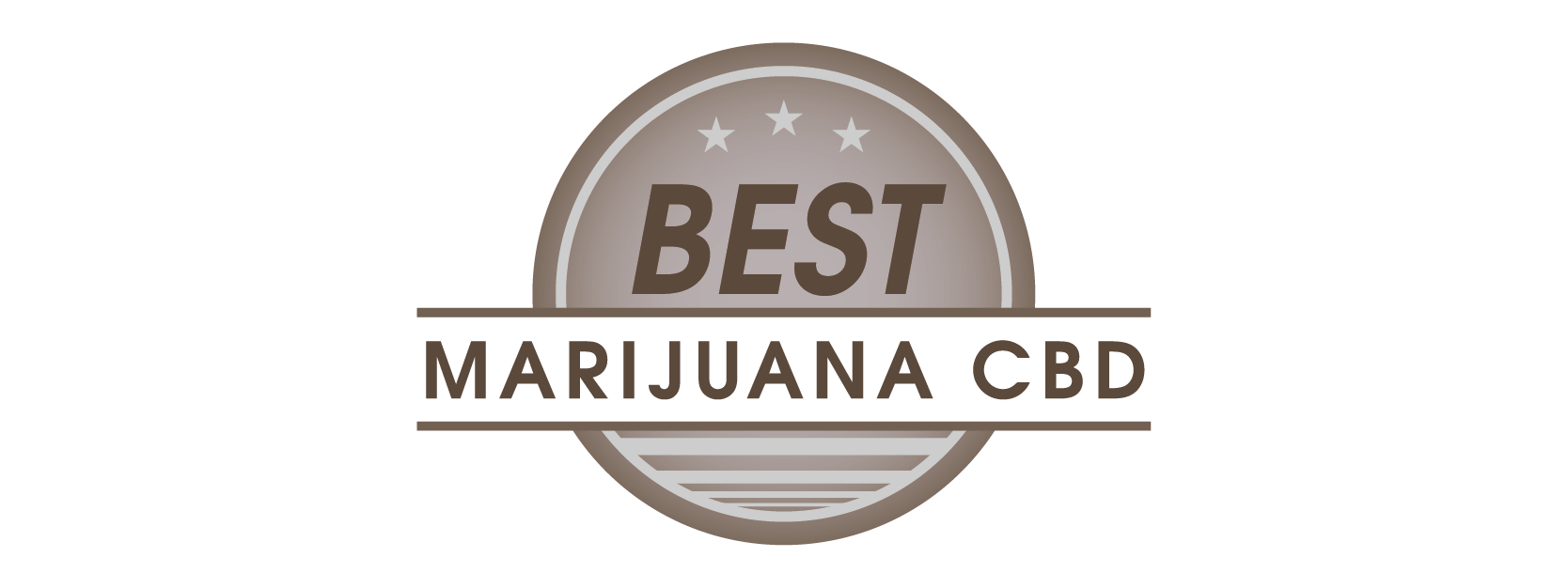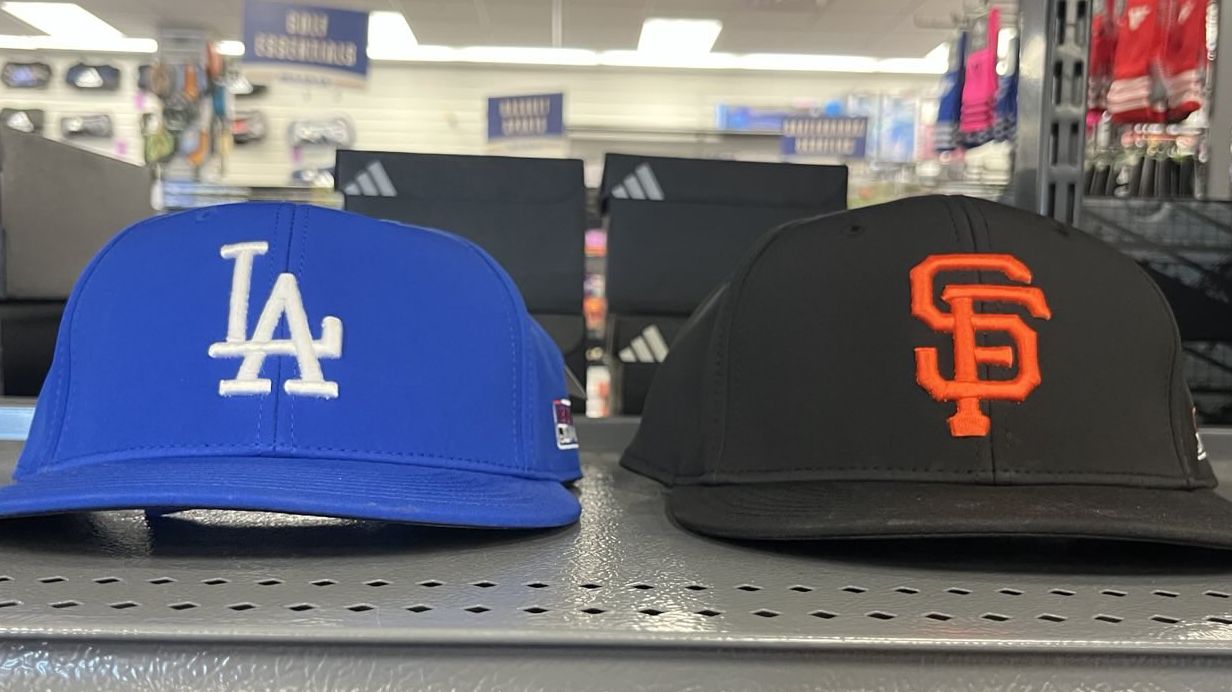In recent years, cannabidiol (CBD) has sparked debate across professional sports. Athletes, coaches, and trainers alike have asked one key question: is CBD allowed in professional competition? The short answer—yes, in many cases—but the reality is nuanced, with rules that differ by league and country.
WADA’s Baseline: CBD Is Not Banned
At the global level, the World Anti-Doping Agency (WADA) sets the standard. In 2018, WADA officially removed CBD from its Prohibited List, meaning pure cannabidiol is permitted in and out of competition. This allows athletes under the WADA code—including Olympians and international federations—to use CBD products legally.
However, all other cannabinoids, including THC and synthetics, remain banned during competition. THC carries a specific threshold, but other cannabinoids are prohibited entirely. The challenge lies in product purity. Many “CBD” formulations—especially full-spectrum or broad-spectrum types—may contain trace THC, risking a positive test. Even though CBD is legal under WADA, athletes must rely on reputable suppliers and verified lab reports to avoid violations.
Which Professional Leagues Allow CBD?
Many leagues now interpret WADA’s stance through their own rules or collective bargaining agreements. The approach differs, but overall acceptance is growing.
- NBA / NBPA: The NBA removed cannabis, including THC, from its banned substances list in 2023. This effectively allows players to use CBD or even cannabis without fear of testing penalties.
- NFL: The NFL has eased restrictions, no longer suspending players for positive cannabis tests and not banning CBD outright. The league is even funding studies on CBD for pain management and recovery.
- UFC: The UFC, under USADA oversight, stopped penalizing fighters for cannabis unless used for performance enhancement or during intoxication. This gives athletes flexibility to use CBD for recovery.
- Soccer / FIFA / UEFA: These organizations generally follow WADA’s guidance—CBD is permitted, but THC and other cannabinoids are not.
- MLB: Major League Baseball removed both THC and CBD from its “drugs of abuse” list in 2019. It also became the first major U.S. league to allow CBD brand sponsorships on uniforms and in stadium advertising.
- Motorsports / NASCAR: Global motorsport authorities follow WADA rules, allowing CBD but banning other cannabinoids. NASCAR has also approved sponsorships from verified hemp brands that meet the legal 0.3% THC limit.
Overall, CBD use is now widely tolerated in major sports, especially in regions where cannabis laws have softened. Yet, “permitted” doesn’t always mean “risk-free.”
Remaining Hurdles and Risks
Product Contamination
The CBD market remains largely unregulated. Many products sold as “THC-free” still contain trace cannabinoids. Even small amounts can lead to anti-doping violations. Athletes must verify third-party testing, review Certificates of Analysis, and avoid products without transparent labeling.
Policy Differences
Leagues operate independently, and internal contracts may be stricter than league-wide policy. Even where CBD is technically permitted, teams can impose restrictions based on public image or sponsorship concerns.
Legal Gray Areas
Not every region treats hemp-derived CBD the same. Some states and countries maintain restrictions that can influence league policies. A product legal in California, for example, may not be permitted in Japan or parts of Europe.
Limited Scientific Certainty
While athletes widely report benefits for inflammation, anxiety, and recovery, research is still developing. The lack of conclusive medical data makes some governing bodies hesitant to officially endorse CBD use.
Brand and Image Concerns
Despite CBD’s non-psychoactive nature, stigma persists. Many leagues remain cautious about open partnerships with cannabis-adjacent brands. MLB and the NBA are early exceptions, but others are still gauging public perception.
In Summary
For professional athletes, CBD now sits in a “cautiously allowed” zone. WADA’s 2018 change paved the way for acceptance, and leagues such as the NBA, NFL, UFC, and MLB have since relaxed restrictions. Still, varying rules, uncertain regulations, and product purity issues keep athletes on alert.
The message is clear: CBD is largely permitted in professional sports today, but careful product selection and compliance remain critical. The game has shifted toward acceptance—but the final whistle on full normalization has yet to blow.

